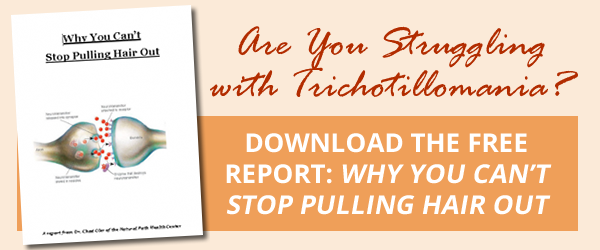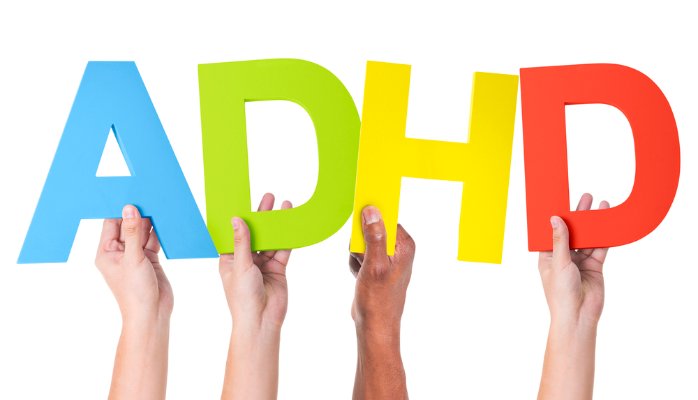
by Dr. Oler, ND | Jul 11, 2016 | Amino Acid Therapy, Health Partner News
Amino acid therapy is extremely effective at optimizing neurotransmitter function and correcting symptoms due to neurotransmitter imbalance. This is important for a number of conditions, including ADD, ADHD, depression, anxiety, migraines, insomnia, fibromyalgia, trichotillomania, memory and a host of other conditions.
Read more…

by Dr. Oler, ND | Jun 30, 2016 | Areas of Weight Loss Resistance, Cleansing, Eating Naturally, Way of Life
EcoFriendly Alternatives to Commercial Cleaners and Other Household Products
Trying to rid yourself and your family is no easy task. Most everything around you has been synthesized, sprayed, enriched, hydrolyzed, flouridated… even going for a walk can prove to be toxic when you see those little tags at the corners of your neighbors’ lawns: “Stay off until…”
Good news is you can take charge in your own home and create a healthier, non-toxic environment there by making your own cleaning products.
(more…)
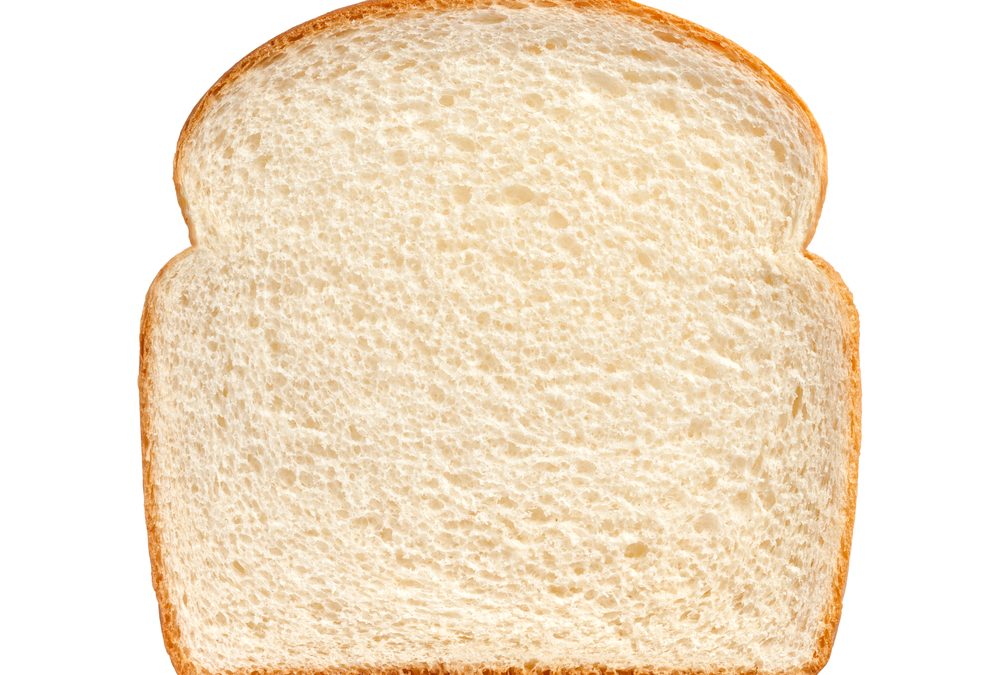
by Dr. Oler, ND | Jun 29, 2016 | Natural Weight Loss, Thyroid, Uncategorized, Underlying Metabolic Imbalances, Weight Loss
The thyroid gland as a metabolic powerhouse directly regulates your metabolism and has a huge impact on your ability to lose weight. Decreased thyroid function makes gaining weight easy and losing weight nearly impossible. When the thyroid gland “engine” has trouble running, every process in the body suffers. The concomitant reduction in metabolic rate is a tremendous factor in weight‐loss.
Certain foods contain goitrogens and should be avoided if you have an underactive thyroid. Goitrogens are substances that disrupt the production of thyroid hormones by interfering with iodine uptake in the thyroid gland.
Foods to Avoid for Underactive Thyroid
White Bread
White bread does not contain significant nutritional value and for some people can contribute to difficulties with insulin resistance and hormonal problems.
Caffeine
Examples include, but are not limited to, coffee, soft drinks, hot cocoa, chocolate and some herbal teas. All of these delicious comfort foods and drinks will depress proper thyroid function and make your underactive thyroid symptoms worse.
Broccoli
Don’t eat this raw or cooked. Broccoli is considered a goitrogenic food, which means that consuming broccoli can increase the likelihood that you’ll develop a goiter somewhere on your body. This would be due to decreased thyroid hormone production.
Other goitrogenic foods: cabbage, rutabagas, coleslaw, sauerkraut, soybeans, kale, white turnips, horseradish, walnuts, peaches.
Peanuts
Yes, they are salty, crunchy and delicious, but they aren’t the best snack choice for someone with an underactive thyroid as they interfere with the production of thyroid hormones.
Fluoride
This is found in toothpaste and drinking water that comes from the tap. Fluoride essentially blocks iodine receptors in the thyroid gland which causes reduced iodine‐containing hormone production.
Chlorine
Not only for pools, it is found in pretty much everyone’s drinking water that comes directly from the tap. Like fluoride, chlorine also blocks iodine receptors in the thyroid gland, causing reduced iodine‐containing hormone production. So drink plenty of distilled or purified water.
Soy
Soybeans are off limits, as they have an anti‐nutrient that contains a chemical which reacts with iodine. Since iodine is critical to make the thyroid hormone, this food should be avoided if you have an underactive thyroid. Soy milk, soy flour, and tofu are also foods to add to the do not eat list.
Garlic
It may keep vampires away and it’s great in spaghetti sauce, however, garlic also reduces iodine uptake in the body.
White Flour
In the same family as white breads, this is a food that can, for some people, contribute to difficulties with insulin resistance and hormonal problems. White flour is a refined and over‐processed food and has little, if any, nutritional value at all.
Eliminating these foods from your diet and you’ll begin the path to returning your thyroid function to normal and begin to make weight loss an easier thing to do.
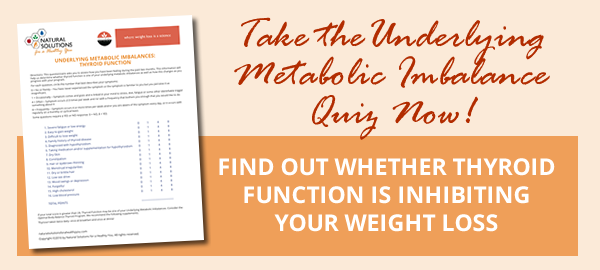
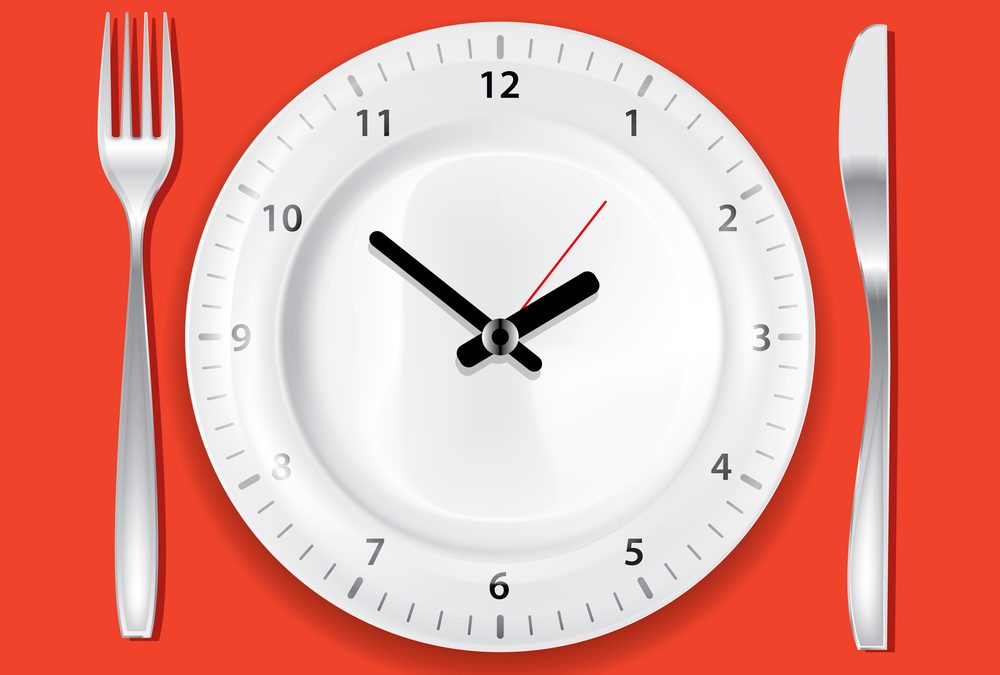
by Dr. Oler, ND | Jun 29, 2016 | Areas of Weight Loss Resistance, Cleansing, Health Partner News, Underlying Metabolic Imbalances, Weight Loss
Losing weight can be difficult for a variety of reasons. One of the most important is that weight gain and the inability to lose weight are often not a calorie problem or an exercise problem (although these two bases must certainly be covered for any chance at long-term weight loss) – weight gain and the inability to lose weight are often a metabolism problem. Read more…

by Dr. Oler, ND | Jun 27, 2016 | Health Partner News, Hormone Imbalance, Hormone Imbalances, Men's Health, Natural Weight Loss, Weight Loss, Women's Health
When most people think of weight loss, or more specifically the inability to lose weight, they usually don’t think about the sex hormones. However, the sex hormones – including estrogen, progesterone, testosterone and DHEA – can play a major role in weight loss and have a significant effect on a person’s weight and ability to maintain or lose weight. Read more…


by Dr. Oler, ND | Jun 21, 2016 | Exercise, Men's Health, Physical Activity, Way of Life, Women's Health
Nothing can get a person out of their routine like travel. Whether it be for work, play or somewhere in-between, travel disrupts our normal schedule, which can make exercise and eating well a little more complicated.
Luckily, you don’t need a lot of fancy equipment to exercise while traveling. In fact, everything you need is likely available to you wherever you are; you just have to be a bit more creative.
Exercises You Can Do While Traveling
When you are on the road, think about doing exercises that hit the big muscle groups in opposing directions – meaning you want to do pushing and pulling exercises for each of the main muscle groups in the upper and lower body.
This may look like doing push-ups and bent over rows for the upper body along with squats and/or lunges and reverse leg curls for the lower body along with core exercises. These exercises can be done almost anywhere while traveling and are a great way to stay in shape and reduce stress while you are away from home.
To make sure you have proper form and technique while doing these exercises, check out this series of videos:
https://www.youtube.com/playlist?list=PLjO49h_5LZ70eFSAHPrtqkHwWRMMMa8le
They provide some great instruction on how to do the exercises listed above, and provide a progression you can follow as you get stronger.
You Don’t Have To Give Up Exercise While Traveling
Yes, traveling will disrupt your normal routine (unless your routine is traveling); however, this doesn’t mean that you can’t exercise and/or stay in shape while you are on the road. Use this series of exercise videos: https://www.youtube.com/playlist?list=PLjO49h_5LZ70eFSAHPrtqkHwWRMMMa8le to help you keep active and fit while traveling and enjoy your time away from home.

by Dr. Oler, ND | Jun 21, 2016 | Health Partner News, Trichotillomania
We work with a lot of people that suffer from trichotillomania. Many of them have tried all sorts of behavioral techniques to help them either become more aware of their pulling or to make it more difficult for them to pull. Results seem to vary dramatically with these therapies.
We have found amino acid therapy to be the most effective technique to eliminate the urges to pull associated with trich. However, journaling can help a person become more aware of when they are pulling, which can provide some insight into why they are pulling, which can ultimately help control the habit and urges to pull. Read more…


by Dr. Oler, ND | Jun 17, 2016 | Eating Naturally, Health Partner News, Natural Remedies, Women's Health
Every woman, should she live long enough, will go through menopause. There is a lot of confusion associated with this natural process, especially when it comes to what a woman can do to prepare herself for menopause and ease the symptoms many women experience when they go through menopause. Here are the top seven things women approaching menopause should do to ease their symptoms and make the transition into the non-childbearing years as easy and enjoyable as possible. Read more…


by Dr. Oler, ND | Jun 16, 2016 | Amino Acid Therapy, Health Partner News
Amino acid therapy involves the therapeutic use of specific amino acids and cofactors to help reestablish proper neurotransmitter function. Amino acid therapy is commonly used to help with symptoms associated with depression, anxiety, insomnia, migraines, compulsive behaviors, trichotillomania, addictions, restless legs and even Parkinson’s disease. Read more…


by Dr. Oler, ND | Jun 15, 2016 | Health Partner News, Neurotransmitter Imbalances, Trichotillomania
Most people that pull out their hair – whether it be from their head, eyelashes, eyebrows, arms, legs, armpits or pubic area – don’t talk about it. Many don’t want others to know about their pulling and will go to great lengths to hide it from others.
There are many things that drive people that pull their hair out to keep it from others, including shame, thinking that something is wrong with them or that their behavior isn’t socially acceptable. But it also has an unintended consequence: when people hide their pulling it makes others that pull feel like they are the only ones in the world that do it, and it makes it very hard for those people to find the help they need to stop pulling their hair out. Read more…
